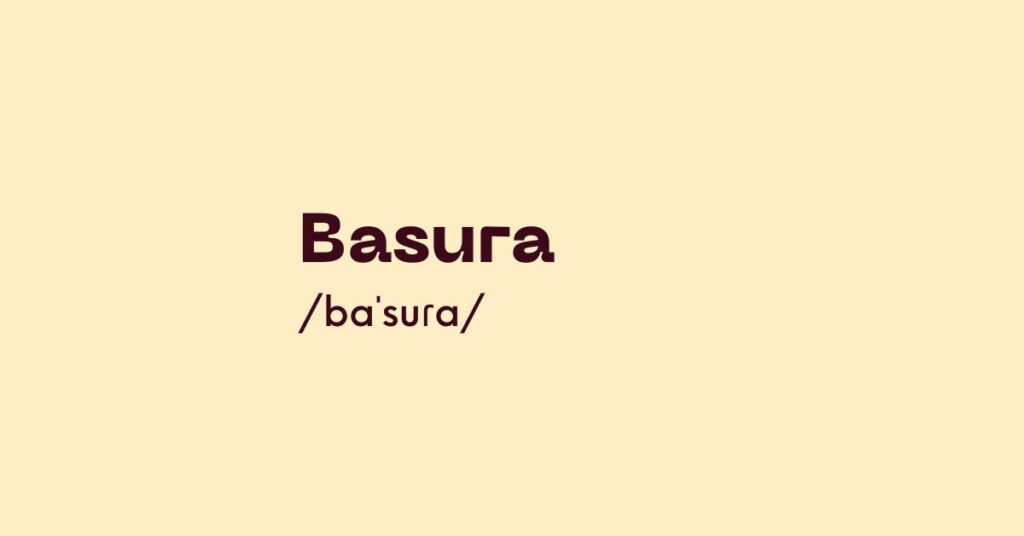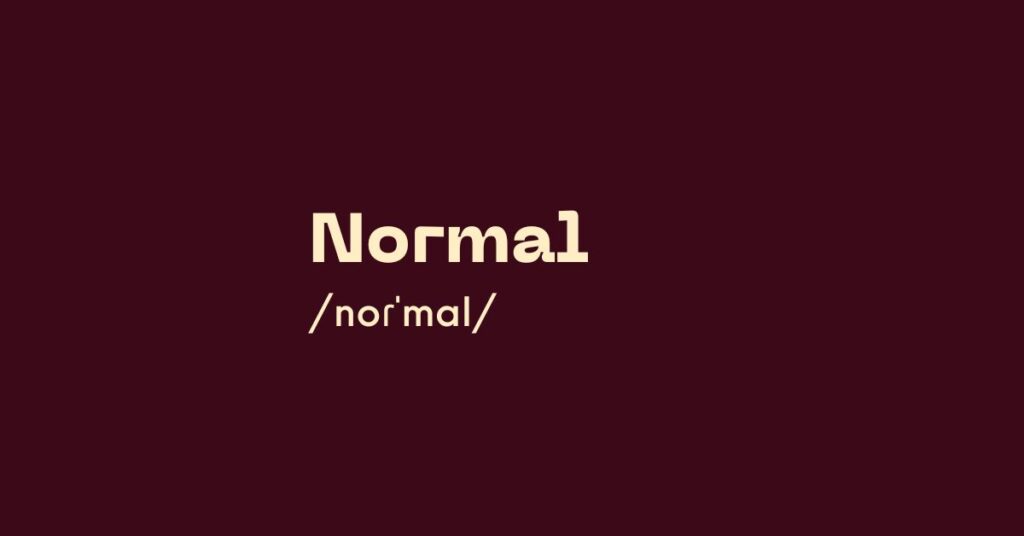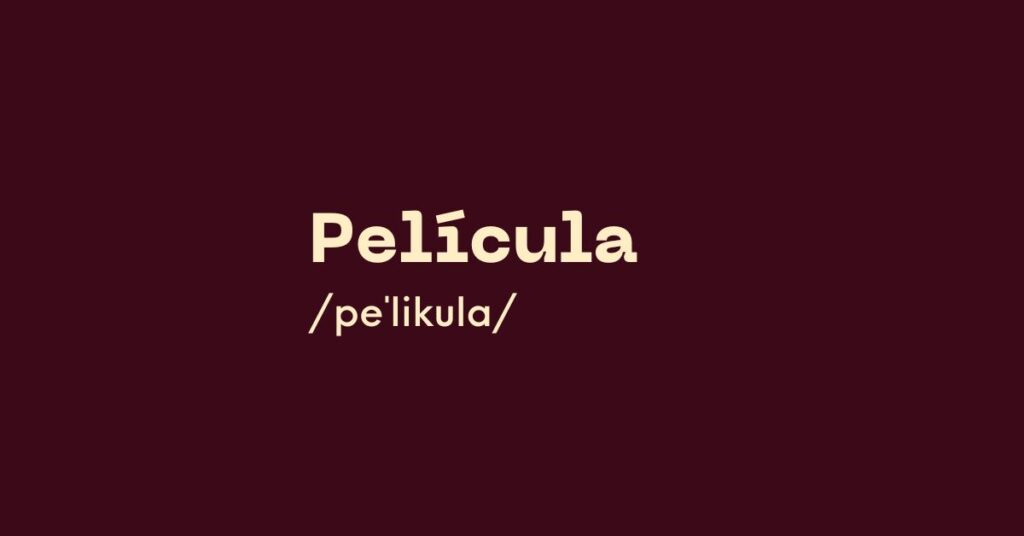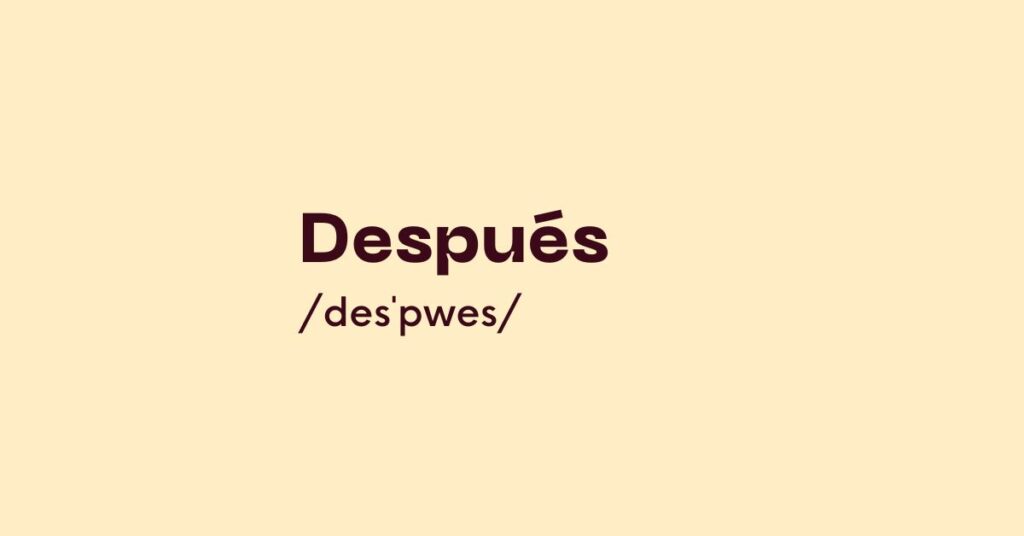Cuál
Today’s Spanish word of the day is “cuál”. It’s a pronoun that means “which”, but can also translate as “what” or “that” depending on the context. The word “cuál” comes from Latin qualis meaning “of what kind?”. This is also the root of the English words “qualify” and “quality”. Cuál vs. cual The word “cuál” […]









